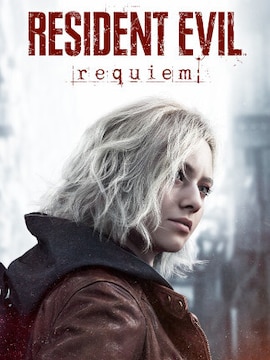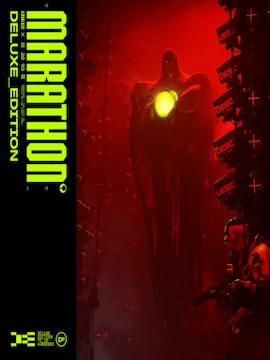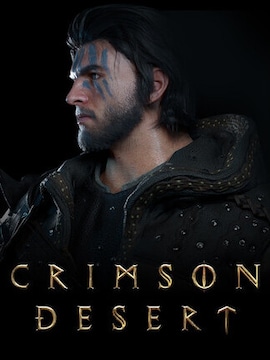The Stop Killing Games campaign has reached major milestones, with the Stop Killing Games petition gaining strong support in the EU petition and the UK Parliament debate now officially scheduled.
This surge in attention highlights how more and more players are uniting to protect their rights and demand that purchased games remain playable. When comparing a Change.org vs. government petition, this campaign shows the power of formal, government-backed efforts – ones that can lead to real political debate and change, unlike symbolic public petitions.
Through the European Citizens’ Initiative, the campaign is spreading its message across borders and calling for long-term protections in the gaming industry. With fast-growing support from the global gaming community, one thing is clear: players don’t want their digital games to disappear – they want them to last.
The campaign has passed one million signatures, though there are worries that some may be fake or inflated by a fake botnet. It began after Ubisoft removed The Crew, showing how some games stop working completely when online servers are shut down. Titles like Anthem, Marvel’s Avengers, and Battleborn are examples where players lost access even after buying them. The campaign wants new laws to make sure companies give players offline options or private servers so that games can still be played after official support ends.
However, concerns are rising about spoofed signatures and the possible use of bots to manipulate the petition. As doubts grow, trust in digital activism is being tested. Campaign founder Ross Scott, has spoken openly about the emotional toll this has taken, saying, “It’s not just fraud we’re fighting – it’s a deeper erosion of credibility.”
Ross Scott statement highlights a critical moment for the future of grassroots movements but also for the future of digital preservation, as more people demand long-term access to the games and content they’ve paid for.
A growing campaign is fighting against game shutdowns that affect titles people have bought, trying to protect players’ rights and keep access to the games they paid for.
Games like Anthem and Marvel’s Avengers once looked promising, but were shut down even though players still owned them. Supporters say this shows a serious problem with digital ownership and the risks of games that always need an internet connection.
One proposed solution is implementing signature validation. This method lets players run game files that are saved and verified on their computer, even if the game’s online servers are shut down. Some believe that an international organization like Interpol could play a role in protecting digital consumer rights in the future.
As more games rely on online servers, players are starting to ask a tough question: do we really own our games, or are we just renting them until the servers shut down? When a game can disappear overnight – even after you’ve paid for it – it feels less like ownership and more like a ticking clock. This growing concern is making gamers think twice about what they’re really buying in the digital age.




